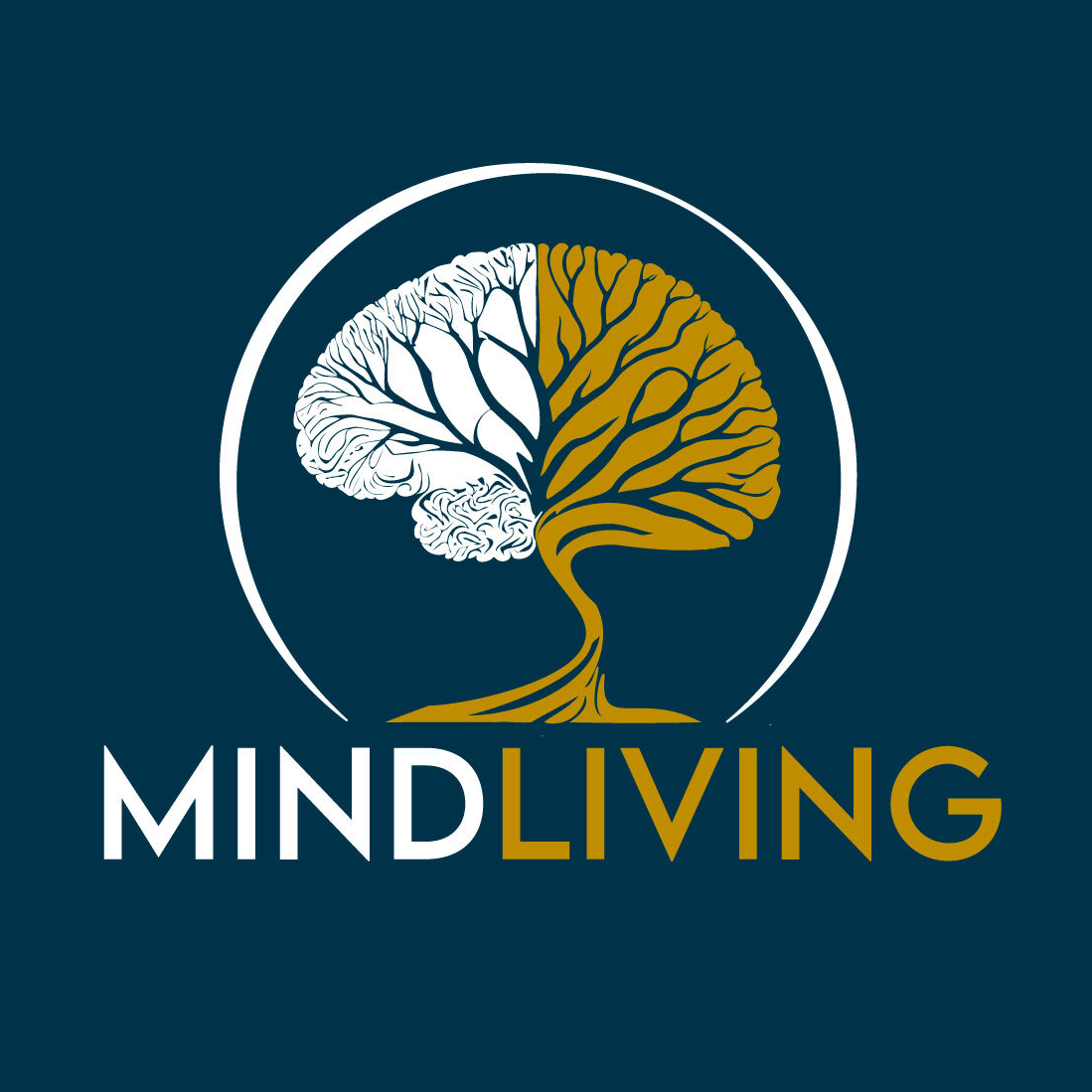Criticism or ‘feedback’ is often seen as something we should embrace, but in reality, it can be challenging to accept. Much of our discomfort with criticism comes from the fear of being wrong.
Look for the value in criticism: Is there something useful you can learn from it? While not all criticism may be helpful, there is often something valuable to gain from the experience.
View criticism as data rather than a personal attack: Neuro-Linguistic Programming (NLP) teaches us to see ‘failures’ as feedback on how we can improve in the future.
Some individuals use criticism as an opportunity to enhance their performance and prove the critic wrong. They approach disagreements with intelligence and avoid unnecessary confrontation. Instead of trying to change someone’s opinion through argument, focus on improving your skills and surprising critics with your capabilities.
Have confidence in yourself, recognizing your inherent value as a person. It’s okay not to be perfect all the time; show yourself some compassion and use criticism as a tool for growth. Learning from where things went off track will guide you toward a successful future.
Is this version clear and concise?
